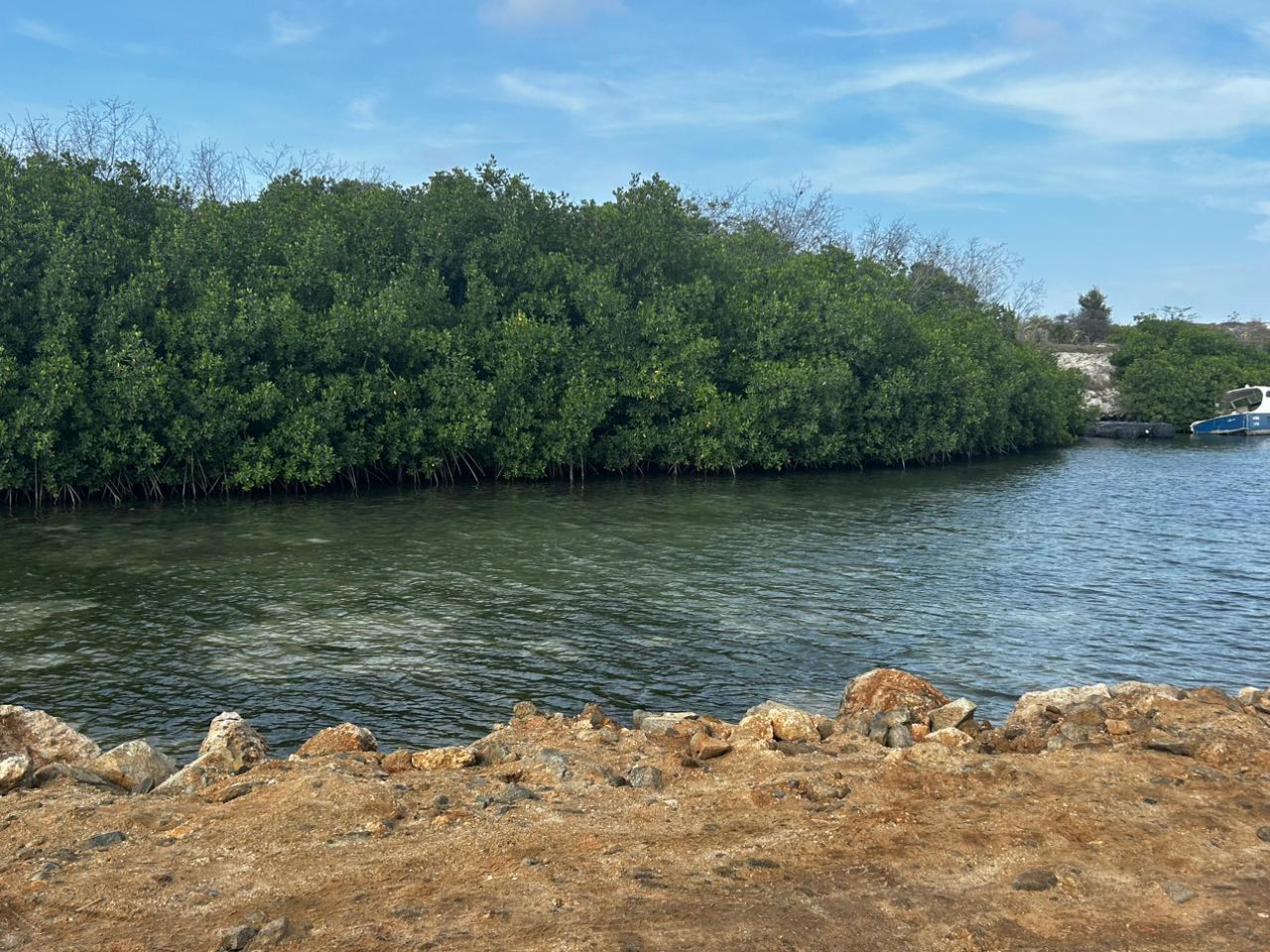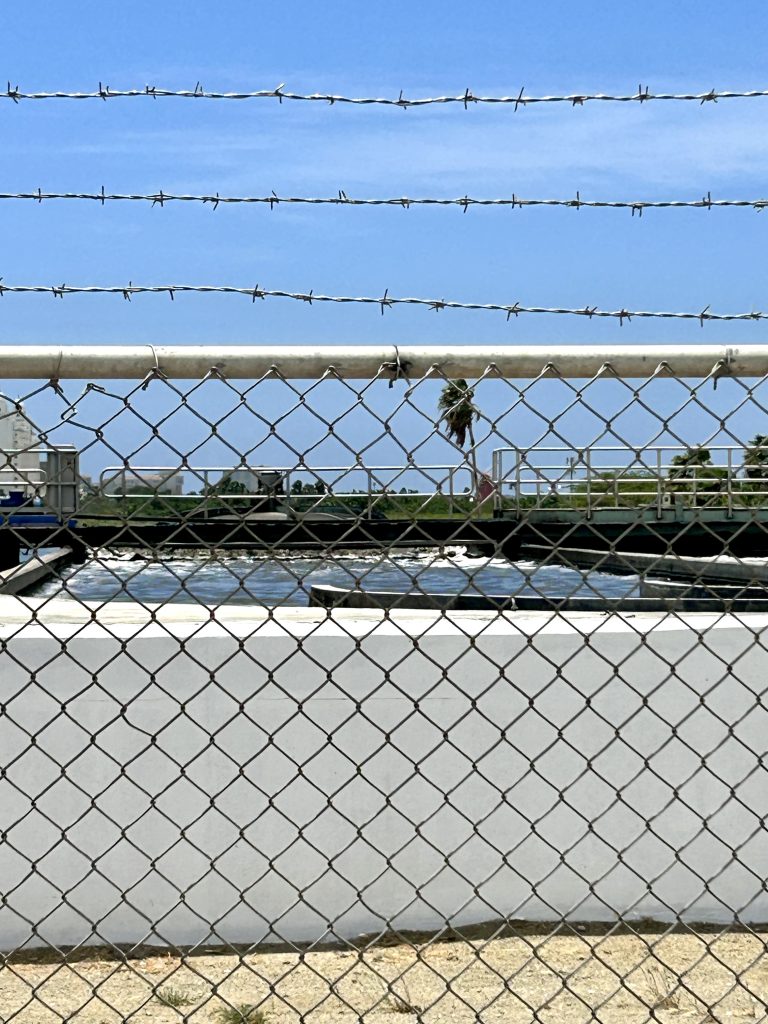Aruba’s Inefficacy in Sewage and Waste Management
Aruba is grappling with a significant but often overlooked problem: the ineffective management of its sewage and waste systems. Despite our reputation for beautiful beaches and a thriving tourist industry, the island struggles with environmental challenges threatening our sustainability and the residents’ and visitors’ quality of life. The issue is compounded by the island’s limited size and the sheer volume of waste generated by the tourist influx, which far exceeds the capacities of existing waste management infrastructure. If you missed the previous articles, you can find them here.
Consequences
The consequences of these environmental shortcomings are far-reaching. Our beaches, air, and ecosystems, crucial to the island’s biodiversity and attractiveness, suffer from the improper disposal and treatment of waste. This affects marine, wildlife, public health, and Aruba’s overall appeal as a destination. Tourists and residents have voiced their concerns.
Inefficacy in management
Yet, the response from relevant government departments, such as DOW (Department of Public Works) and DNM (Department of Nature and Environment), needs to be more robust. Historically, these departments have cited challenges such as limited resources, insufficient funding, and staffing shortages. However, more profound issues, such as bureaucratic inertia and a lack of proactive engagement, are at the core of the problem. Legal proceedings and public debates have revealed a disturbing lack of commitment to addressing these critical issues. Instead of actionable solutions, there is a preference for turning a blind eye, defunding the budgets allocated to resolve the issue, or applying temporary fixes that do not address the root causes of waste mismanagement. When ordered by a court to take action or implement measures. These measures are only carried out in part or for a limited [length of time and in violation of the court order. It is hard to phantom a democratic government that doesn’t respect decisions from the court or feels that its inadequacies should justify its lack of competence.
Disconnected bureaucrats
In court, the approach of government representatives from DJZ, DOW, and DNM often seems disconnected from the urgency of the environmental crises at hand. For example, recent legal battles over the operations at the RWZI in Bubali Plas and the waste incinerator in Parkietenbos have shed light on the governmental attitude towards privatization and management of public utilities—approaches that have yet to yield significant improvements and that, according to many, including yours truly that do not inspire confidence.
A disturbing pattern
A pattern has emerged in recent court proceedings, such as those involving the sewage treatment at RWZI in Bubali Plas and the incinerator at the waste management facility in Parkietenbos. These legal encounters reveal a lack of resources and a deeper, more systemic problem of accountability and inefficacy within government bodies like DOW and DNM. Criticism by the courts of the DNM’s inadequate reporting and DOW inaction further exemplifies this issue, painting a picture of a bureaucracy mired in inefficiency and possibly apathy. The government and these departments have presented the push towards privatization as a solution. Seemingly, these pushes are driven by eagerness to wash their hands of responsibility. However, this form of privatization—where services become monopolized or remain subsidized by government funding—does not truly resolve the inefficiencies. It simply reshapes them, pushes them in a different direction, or adds a puppet to be the subject of criticism, deflecting the criticism away from the ministers Or departments and serving to maintain the existing state of affairs under the guise of reform. As I pointed out in previous articles, privatization will pull money directly from our tourists, making each stay more and more expensive.
No emission standard in 2024?
The absence of stringent emissions and waste management regulations is another glaring issue. In 2024, we won’t have a regulation to control emissions released into our air. There have been murmurs about the DNM setting guidelines. Still, these remain as hollow as the government’s promises without a legal framework to base these on and without a legal basis for enforcement. The government is excellent at ad hoc and arbitrary regulations regarding rules they want to live by. Still, when it comes to regulations that apply to citizens, there is no shortage of rules and regulations that roll out. When it comes to enforcing laws that the government has to follow, the bureaucrats turn a blind eye; they look the other way as if nothing is happening. It is a different story when it is time to enforce against private companies or citizens; then, in no time, the bureaucrats can form large SWAT-like teams and swamp a business for “routine control.” There are enough examples of fully booked restaurants being raided by these SWAT teams during peak hours so they can show “force.” It’s too bad they don’t apply the same standards to government operations.
No hope.
It will take dedication, work, effort, and skilled, knowledgeable, and committed individuals to research and lay the groundwork necessary for such a law. This rectory vacuum not only hampers progress but underscores a lack of commitment to real change. After witnessing the roles of the DOWs, the DNMs, the DJZs, and the ministers in charge of infrastructure and environment, I have neither hope nor confidence that these individuals can handle this task. A said observation perhaps, but I wasn’t convinced otherwise. Maybe lovely guys and gals, but the task is just out of their league. They should go back to the day-to-day affairs and leave these critical problems in the hands of the private sector. Perhaps their apparent limitation is due to our small scale, lack of experience, and even perhaps lack of funding, but one thing is for sure: if we keep our faith in their hands, we will continue to get the same results. Results that ultimately will lead to significant ecological, environmental, and economic losses for our island.
Looking beyond our shores,
There are gleaming examples of what can be achieved when innovative solutions are applied to recycling “gray water”. Las Vegas, for instance, utilizes recycled water for its famous water shows, turning a utility into an attraction. In Geneva, I have seen the famous Jet D’Eau, where they took a safety valve mechanism for a hydraulic power network and converted it into a landmark. Similarly, Lake Geneva’s central aeration system treats water and serves as a focal point for visitors. These examples demonstrate the potential for functional infrastructure to coexist with tourism and how such facilities can transform into sources of revenue and pride. It is time for Aruba to adopt a multifaceted approach to address these chronic issues effectively. This approach should integrate advanced technologies, enforce strict environmental regulations, and, most importantly, involve the community and stakeholders transparently and accountable. The potential for transforming facilities like Bubali Plas into odorless, tourist-friendly sites is immense. Imagine a facility where recycled water is not just treated but celebrated, perhaps even bottled and sold. Imagine tours showcasing our commitment to sustainability, drawing tourists and locals alike, not just for the novelty but for the education and environmental consciousness they foster. Singapore’s NEWater is an excellent example of how treated sewage water is recycled to provide high-grade reclaimed water for various purposes, including industrial water and adding to the reservoirs for drinking water supply.
Real reform
We need to move beyond superficial fixes and embrace substantial, sustainable reforms. The path forward involves not just adopting but adapting successful international models, improving regulatory frameworks, and genuinely committing to innovative solutions. Aruba deserves a management system that solves the present crises and safeguards its future—turning a potential disaster into lasting prosperity.
#YourFavoriteColumnist #YourFavoriteLawyer
















